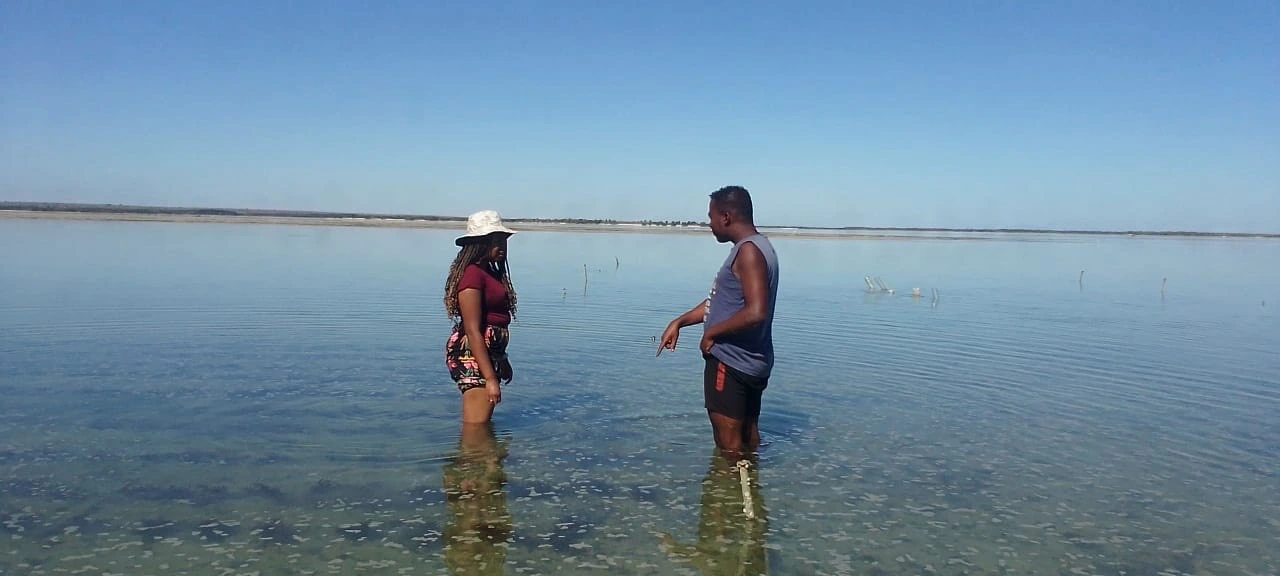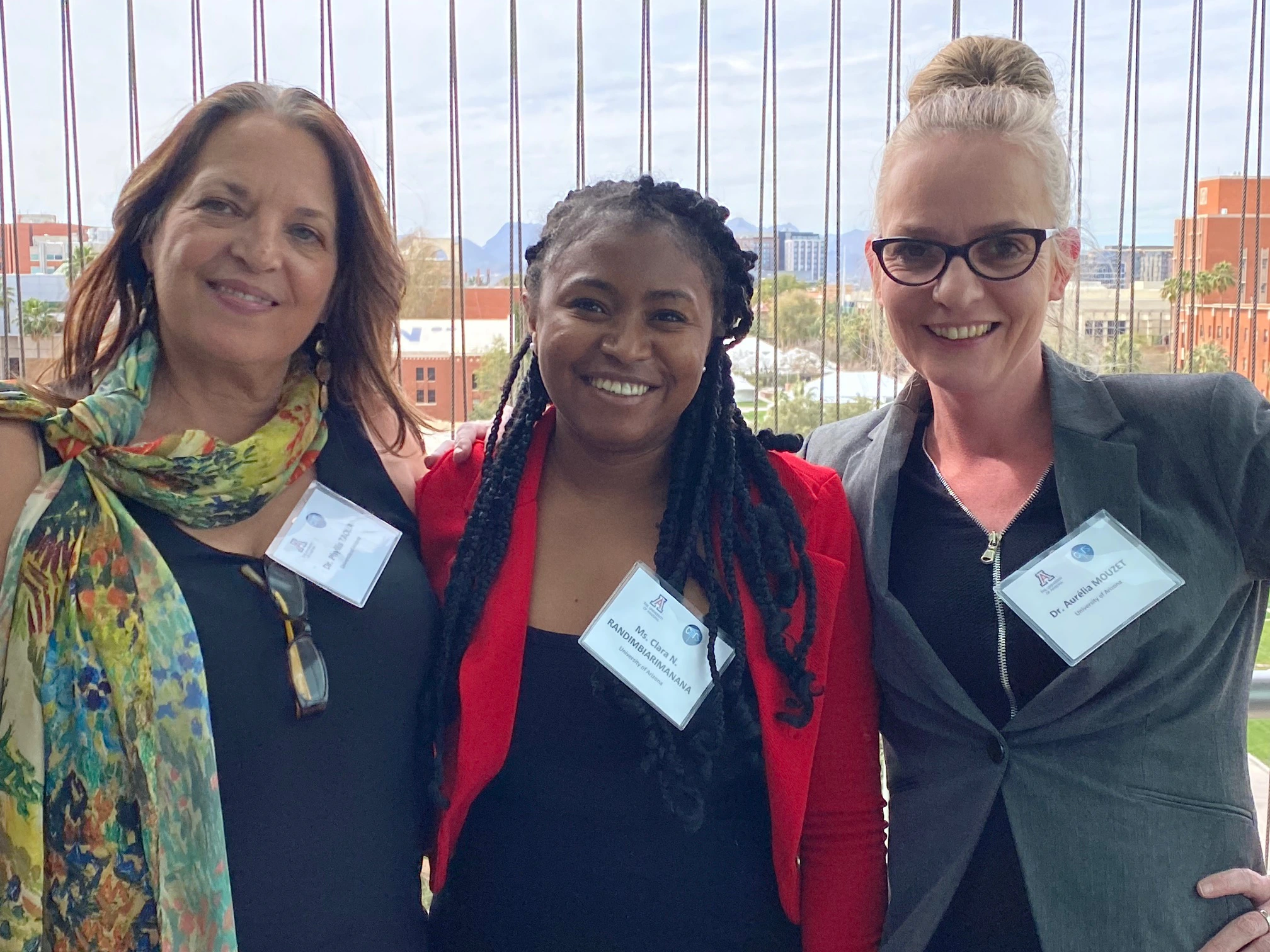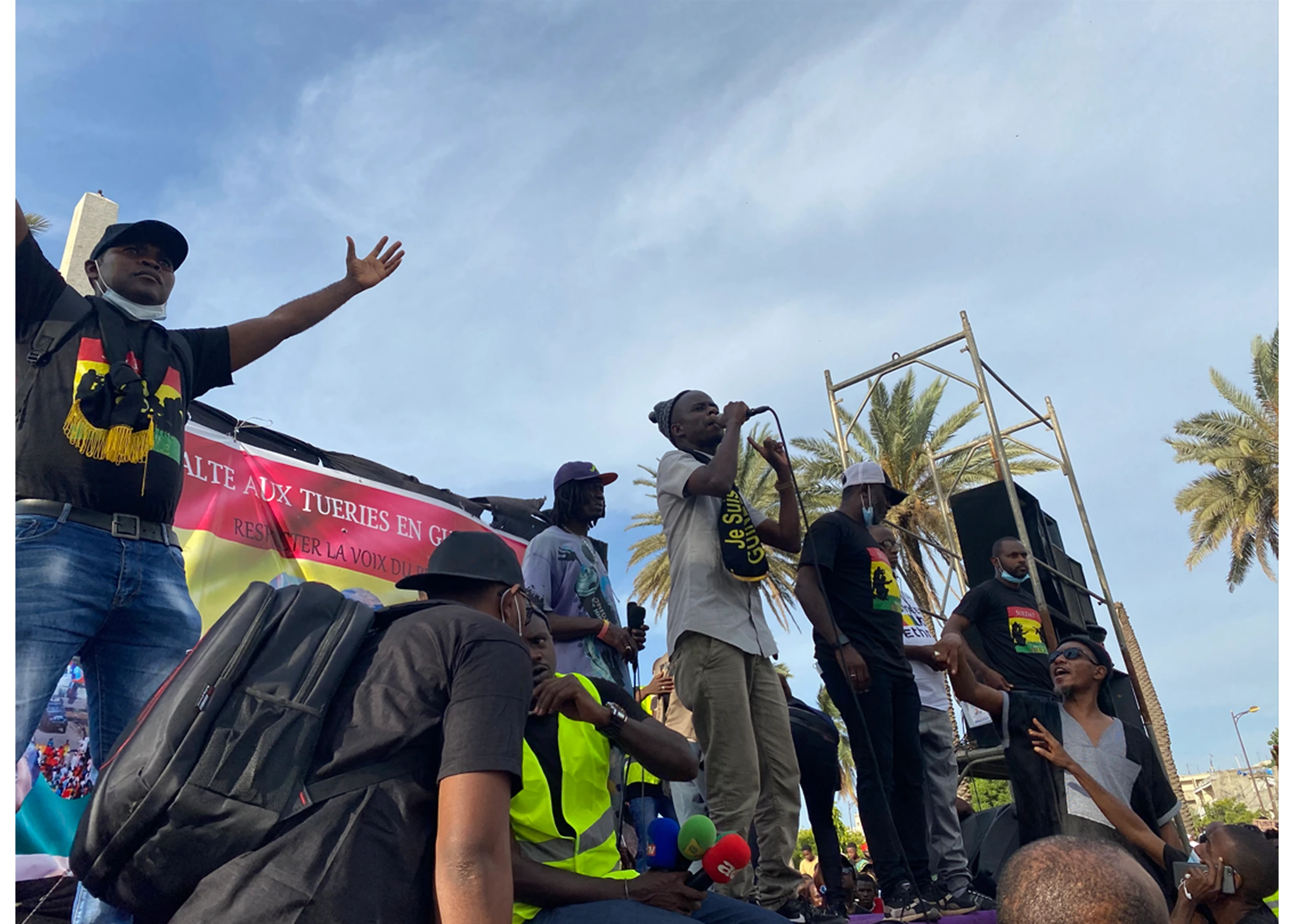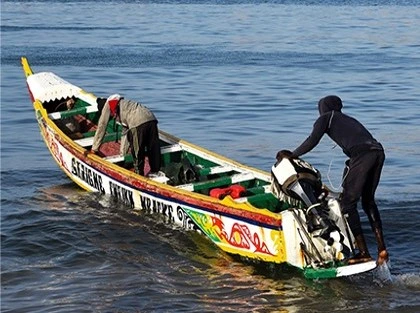Environmental Justice, Extraction and Cultural Resistance in Africa
PIs:
- Xavier Garnier, THALIM, Sorbonne Nouvelle (UMR 7172)
- Elara Bertho, Les Afriques dans le Monde, UMR 5115, CNRS
- Phyllis Taoua, French and Italian, UArizona
- Aurelia Mouzet, French and Italian, UArizona
Africa is an important continent in the twenty-first century in terms of demographics and economic growth but also, significantly, in terms of promoting environmental justice and revitalizing the culture of democracy from the grassroots up. Whereas culture is a crucial aspect of African citizen-led movements, this is often overlooked or inadequately addressed in political science and human rights research. As our environment is increasingly endangered, literature and popular culture are playing a vital role in raising awareness and shifting the terms of the debate. Many of the environmental crises in Africa today are not of their own making, most derive from extraverted economies of colonial extraction. A majority of Africans are adversely affected by the extraction of natural resources (oil, uranium, coal) and contend with persistent inequality. Expanding our understanding of environmental justice in Africa by examining the relationship between the effects of the prevailing logic of extraction and current forms of cultural resistance is of vital importance.
This project will use 2 approaches to gain a better understanding of how African actors resist environmental injustice through cultural expression:
An Ecopoetic (an innovative development in literary criticism, helps us interpret how African writers represent their relationship to the natural world and mobilize citizens across the continent) approach will be used to explore the underground and underwater worlds in African literatures and will analyze the crucial role of literature in favor of a transcultural dynamic of environmental resistance on the continent with textual evidence.
Related research questions will be explored in the context of developing what is termed as “culture of democracy.” Specifically, the role that culture plays in fostering an awareness of democracy in citizen-led movements in Africa since 2010. Examination of these movements from a comparative perspective and pattern analysis which will focus on thick descriptions of individual artists, activists and movements for archival purposes with careful attention to specific contexts.
The interwoven set of methods and disciplines in this project will allow mentorship of new scholars who will produce creative, cutting-edge scholarship that will make a significant contribution to the fields of African literary and cultural studies. The innovative critical approaches to pressing ethical, cultural and social questions have widerranging implications for the humanities, social sciences and beyond.




